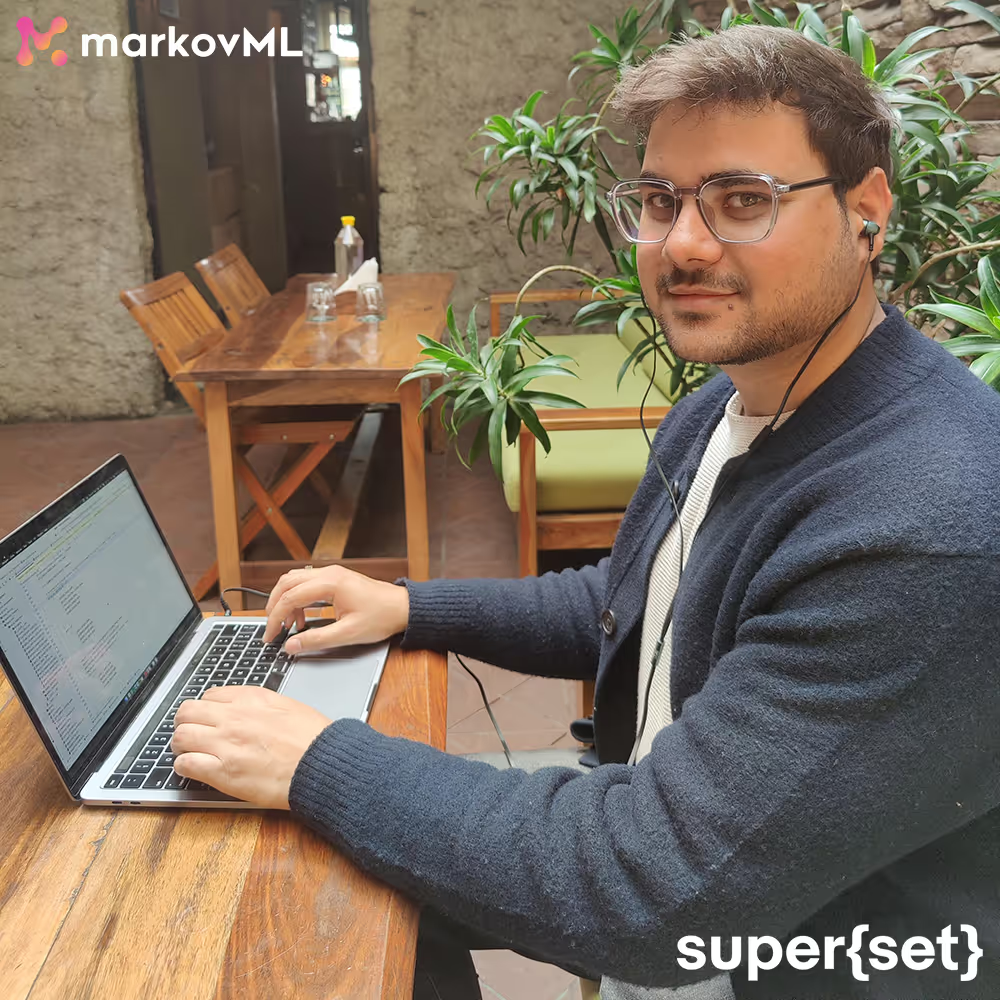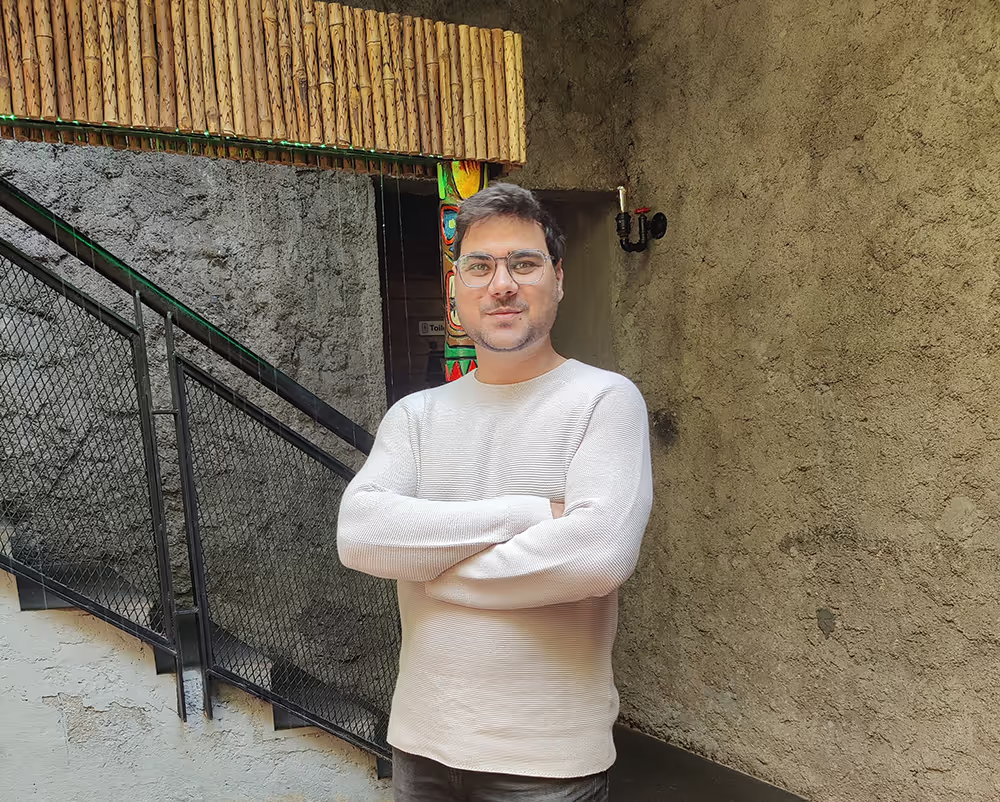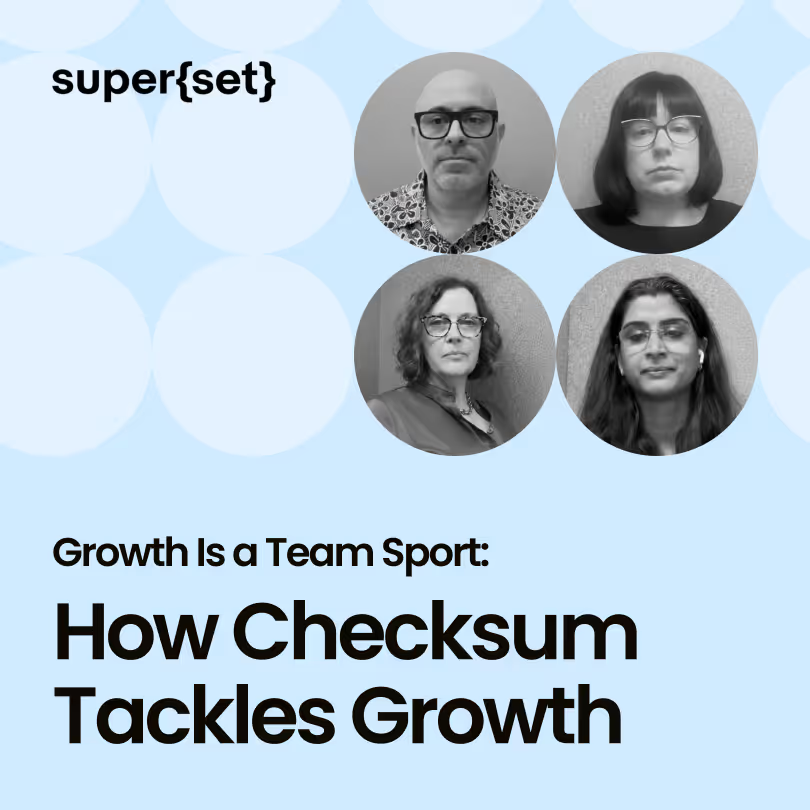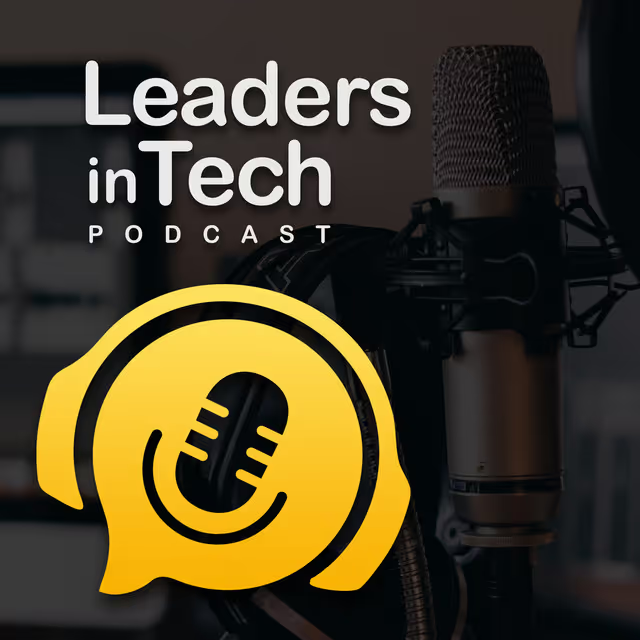
Four Tips for a Distributed Workforce
For most of my life, I thought I wanted to be a journalist. It made good sense to me. All the news anchors I saw on TV in India had studied at Delhi University and they all seemed to be living interesting and meaningful lives – I was determined to replicate that.
In my final year of secondary school, however, I was assigned a project. We had to make something in C++ programming language – anything we wanted. At the time, my mother teased me for typing with two fingers. She’d always go on about how inefficient it was, so I set my mind to building a program that would help users – namely, me – learn to type faster. It was the most fun I’d ever had, and I found myself thinking: I could do this forever. The building, that is – not the typing. So I ditched my journalistic aspirations in favor of a career in computer science, and I’ve never looked back.

The reality is that I could not have picked a better time. The tech scene in India is currently thriving and growing rapidly. India has the third-highest number of startups in the world, behind only the US and China. In recent years, India has been adding more startups each year than any other country except the US.
There is immense opportunity for those interested in working in the tech industry, and this has made India an exciting and dynamic place to be. It is common to find people in India talking about Kubernetes, AWS, and startups while enjoying a cup of chai in a tea stall or coffee in one of the many cafes in Bangalore. super{set} Technical Lead Sagar Jhobalia recently shared a bit about the Bengaluru tech scene on the super{set} LinkedIn page.
These days, my core friend group is a mix of software people, designers, and Ph.D. students in machine learning. Being based in India and working for a US-based company is certainly the norm amongst my peers, but being part of a distributed workforce is uniquely tricky, and some companies do it better than others. At MarkovML, we’ve worked hard to excel not just in spite of our distributed culture but because of it. Here are four of the ways we’ve done exactly that.
LEAN INTO DOCUMENTATION
When I started at MarkovML, the team in India was entirely remote – this isn’t uncommon by any means, but that doesn’t mean it’s not a challenge. I was heavily inspired by how many of the most famous open-source projects have people all over the world working asynchronously and their work is, in many ways, the backbone of the software industry. We still see benefits today from our start as a remote, asynchronous team. Working asynchronously demands good documentation – we had to keep track of every decision we made and its reasoning. That emphasis on documentation has influenced our culture: we believe in the value of sharing knowledge and information with all team members.
For example, we have a strong code review culture. Even the smallest projects have two designated developers, a primary owner, and a code reviewer. We believe that by doing so, we can avoid the pitfalls of silos, where important product knowledge is held by only a few individuals and is not widely shared with the rest of the team. This can be a major disadvantage, as it can lead to inefficiencies and delays and prevent the team from achieving its full potential.
EMBRACE A LARGER COMMUNITY

It’s too easy in many offices to only interact with the people who sit next to you or only with the people who arrive at the same time as you, or only with those who are in the same physical meetings. That limits company AND individual growth. When you’re distributed, you can’t be shy about reaching out and connecting – and we definitely aren’t. We are not afraid to seek guidance and advice from more experienced mentors, advisors, or colleagues who might have a different role or skill set than our own.
As a solo team of engineers working in a startup, it can be challenging to find the time and resources to learn new things and share ideas with others. However, by being a part of the super{set} community, we have been able to benefit from the collective knowledge and experience of a diverse group of professionals. Not everybody has a parent company they can lean on, which is why I urge my peers to find networking opportunities where they can get the mentorship and insight they might get while working at a larger in-person company.
TAKE A BREAK

In our distributed workforce, somebody is always on. This allows others to be truly off. Because we avoid silos, we’re not dependent on any one person to break a bottleneck. We’ve built a culture that encourages everyone to have some work-life balance, and we offer each other friendly reminders. If I’m still working at 2 am in India, I can expect my US colleagues to message me to go the heck to sleep. My US colleagues can expect the same gentle nudges from their colleagues in India when the sun sets for them. Efficient handoffs mean you can truly be off – and we prevent burnout in the process.
WORK WHEN (AND WHERE) IT WORKS FOR YOU
The experience of being remote and distributed has proven that everybody doesn’t need to be on at the same time or in the same place. There is definite value to working in the same office – but not without flexibility. Some people work better on certain tasks from home, which is fine. Some people work better at 2 am, and as long as you haven’t been working since 9 am, that’s okay too.
Being part of a distributed workforce presents unique challenges, but it also provides many unique opportunities. Ultimately the success of a distributed workforce depends on a team’s ability to adapt to new ways of working and to continuously find new ways to work together. Unsurprisingly, these are the same keys to success at any early stage-startup, regardless of geography.
Learn more about super{set}’s career opportunities across the globe at superset.com/careers
Tech, startups & the big picture
Subscribe for sharp takes on innovation, markets, and the forces shaping our future.
Let's keep in touch
We're heads down building & growing. Learn what's new and our latest updates.


.avif)